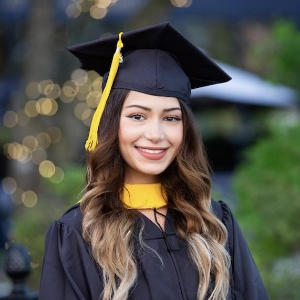Title : On a road to enhance VSV as an oncolytic agent: Deciphering the underlying mechanisms of resistance by some cancer cells
Abstract:
Vesicular Stomatitis Virus (VSV) has been suggested for use as an oncolytic agent, due to its wide host range and its ability to suppress host antiviral responses. Conceptually, a good oncolytic agent is able to selectively kill cancer cells while sparing normal healthy ones. It is believed that antiviral signaling pathways are perturbed in most cancer cells, rendering them susceptible to selective killing by VSV. However, some cancer cells still retain an intact antiviral response and are therefore “resistant” to oncolysis. Our previous work suggests NFkB-dependent antiviral signaling responsible for the inherent resistance to VSV in resistant human prostate cancer (PrCa) cells. Here, we follow-up our previous findings with a transcriptomic approach to identify targets underlying resistance vs sensitivity in two well-established human PrCa cell-lines (LNCaP and PC3 cells) infected with wild-type and mutant VSV strains. Our results show that the resistant cells (PC3) exhibit enrichment of several antiviral pathways and upregulation of multiple antiviral target genes. Validation of such targets through functional confirmation would provide another layer of confidence in the underlying cause of resistance to VSV in PrCa cells. The significance of this research lies in understanding host responses to VSV in cancer, and therefore paving the way to enhancing VSV’s use as an oncolytic agent, especially for better customization of individualized therapies.



